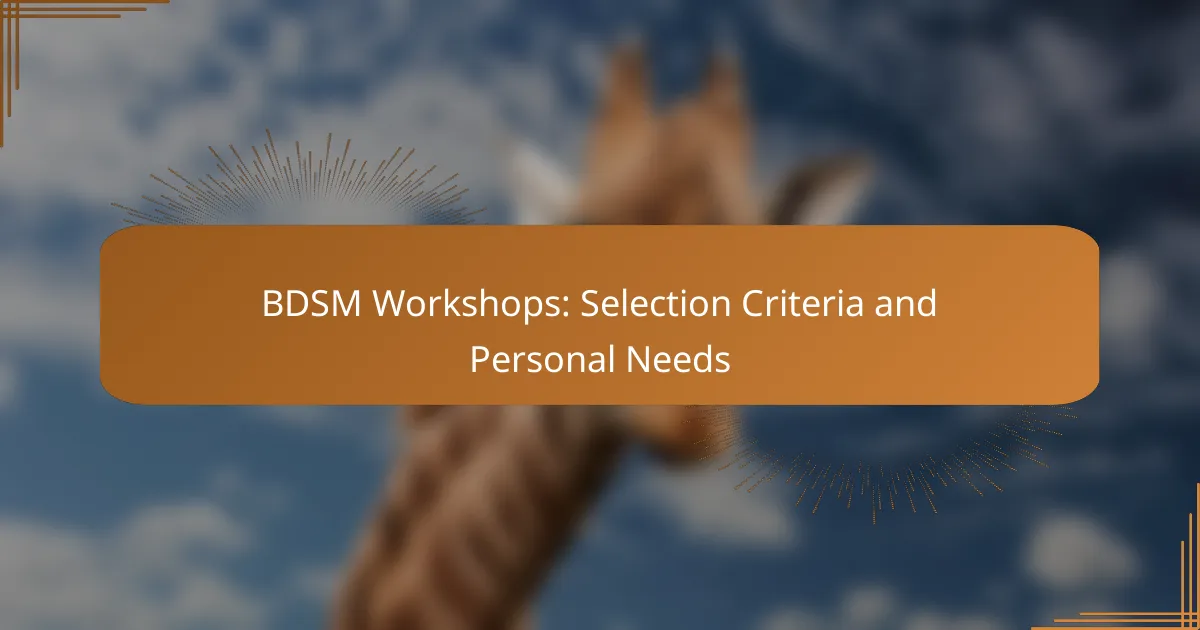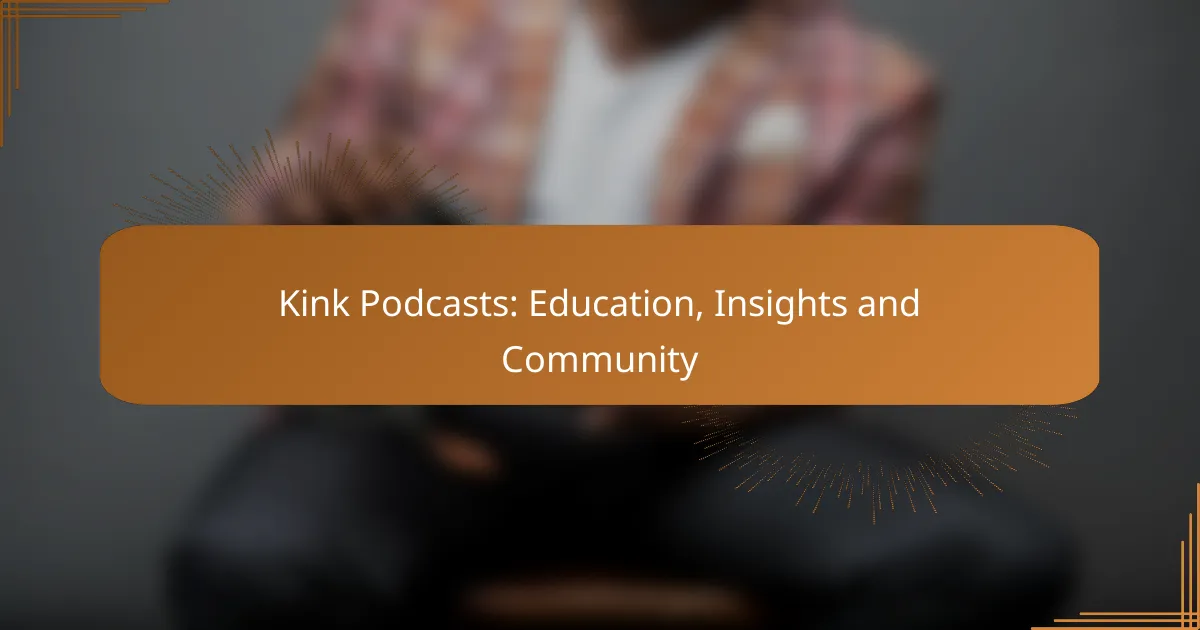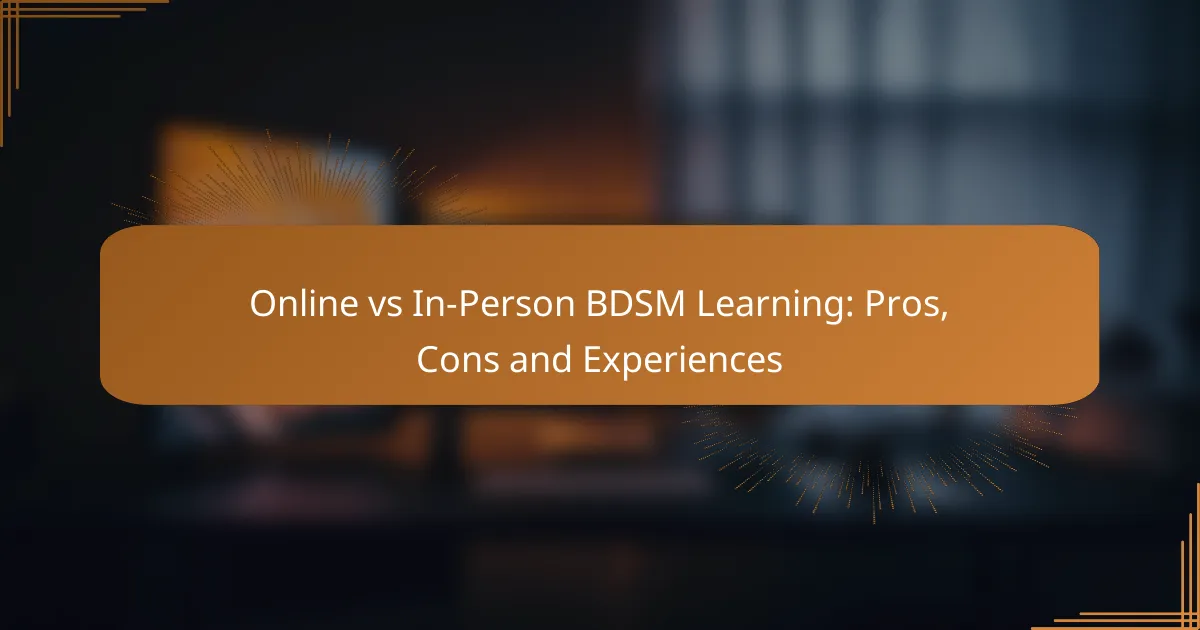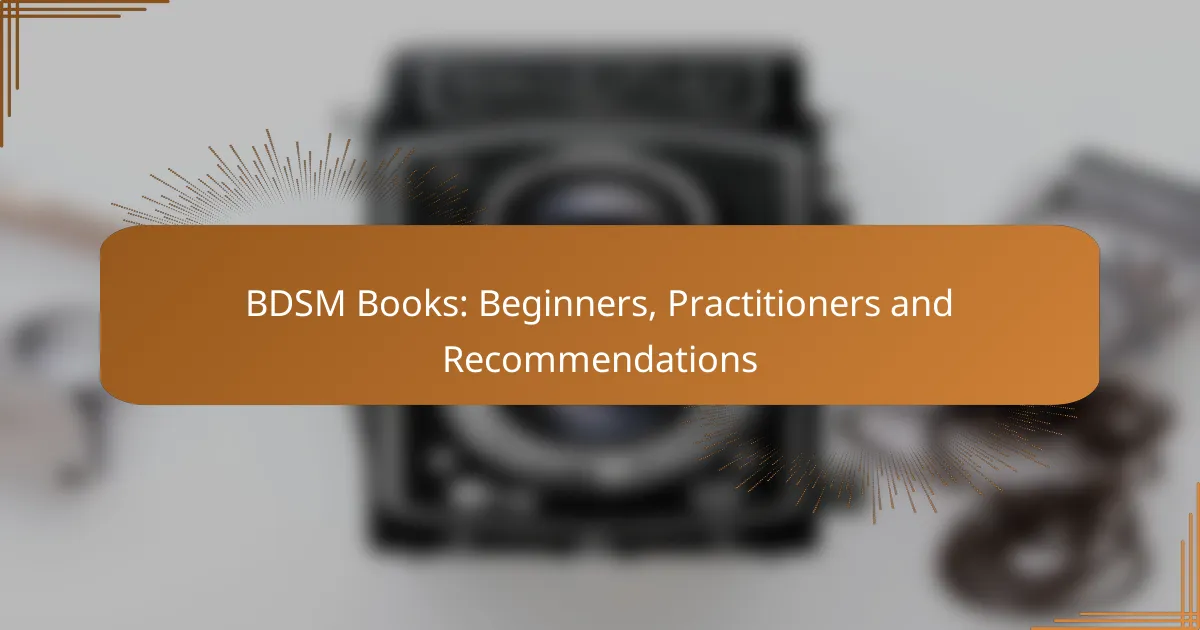When exploring [censured] workshops, it’s essential to find options that cater to your specific interests and skill levels. These workshops emphasize safety, consent, and practical techniques, providing a supportive environment for both novices and seasoned practitioners. By assessing your personal needs and the workshop’s content, you can ensure a fulfilling and educational experience that aligns with your comfort and goals.
![What are the best [censured] workshops in major cities?](/wp-content/uploads/what-are-the-best-[censured]-workshops-in-major-cities-1.webp)
What are the best [censured] workshops in major cities?
The best [censured] workshops in major cities offer a range of educational experiences tailored to various skill levels and interests. These workshops typically focus on safety, consent, and practical skills, making them valuable for both beginners and experienced practitioners.
San Francisco [censured] Workshops
San Francisco is known for its vibrant [censured] community, hosting workshops that cover everything from basic [censured] techniques to advanced power exchange dynamics. Popular venues like the SF Citadel and Kink.com frequently offer classes that emphasize safety and consent.
When selecting a workshop, consider the instructor’s experience and the specific topics covered. Many workshops also provide hands-on practice, allowing participants to apply what they’ve learned in a supportive environment.
New York [censured] Workshops
New York City boasts a diverse array of [censured] workshops, catering to various interests and skill levels. Venues such as The Pleasure Chest and The Black Room often host classes that explore both the physical and psychological aspects of [censured].
Look for workshops that include discussions on negotiation and aftercare, as these are crucial components of safe [censured] practices. Many workshops also offer opportunities for networking with other kink enthusiasts.
Los Angeles [censured] Workshops
Los Angeles features a rich selection of [censured] workshops, with options available for newcomers and seasoned practitioners alike. Organizations like The [censured] Training Academy provide structured courses that focus on practical skills and safety protocols.
Consider workshops that emphasize consent and communication, as these are essential for a healthy [censured] experience. Many classes also encourage participants to bring their own gear for personalized instruction.
Chicago [censured] Workshops
Chicago’s [censured] scene includes a variety of workshops that focus on different aspects of kink, from rope [censured] to impact play. Venues such as The Leather Archives and Museum often host educational events that promote a culture of safety and respect.
When choosing a workshop, pay attention to the instructor’s credentials and the class size, as smaller groups can provide more individualized attention. Look for workshops that offer both theory and practical application.
London [censured] Workshops
London offers a wide range of [censured] workshops, with options that cater to both beginners and advanced practitioners. Organizations like The London Fetish Scene and Kink Academy frequently hold classes that cover a variety of topics, including [censured] ethics and techniques.
It’s beneficial to select workshops that provide a safe space for discussion and practice. Many London workshops also focus on the legal aspects of [censured], ensuring participants understand their rights and responsibilities.
![How to choose the right [censured] workshop for personal needs?](/wp-content/uploads/how-to-choose-the-right-[censured]-workshop-for-personal-needs-2.webp)
How to choose the right [censured] workshop for personal needs?
Choosing the right [censured] workshop involves understanding your personal needs and preferences, as well as evaluating the workshop’s content and structure. Focus on what you want to learn, the skills you wish to develop, and the overall atmosphere that aligns with your comfort level.
Consider workshop focus areas
Workshops can vary widely in their focus areas, such as [censured] techniques, impact play, or psychological aspects of [censured]. Determine which specific skills or knowledge you want to gain and look for workshops that specialize in those areas. For example, if you’re interested in rope [censured], seek out workshops that emphasize knot tying and safety practices.
Additionally, consider the level of the workshop—beginner, intermediate, or advanced. This will ensure that the content matches your current skill level and learning objectives.
Evaluate instructor qualifications
Instructor qualifications are crucial for a safe and informative learning experience. Look for instructors with relevant experience, certifications, or a strong reputation in the [censured] community. Many workshops will provide bios or credentials for their instructors, which can help you assess their expertise.
It’s also beneficial to find instructors who prioritize safety and consent in their teachings. This can include discussing risk-aware practices and establishing clear boundaries during the workshop.
Assess participant reviews
Reading participant reviews can provide valuable insights into the workshop’s quality and effectiveness. Look for feedback on the instructor’s teaching style, the workshop’s organization, and the overall atmosphere. Online platforms or community forums often feature reviews that can guide your decision.
Pay attention to common themes in the reviews, such as the level of engagement, the clarity of instruction, and the inclusivity of the environment. This information can help you gauge whether the workshop aligns with your personal needs and comfort levels.
![What are the common themes in [censured] workshops?](/wp-content/uploads/what-are-the-common-themes-in-[censured]-workshops-3.webp)
What are the common themes in [censured] workshops?
[censured] workshops typically focus on safety, consent, techniques, and community. These themes are essential for fostering a respectful and informed environment for participants to explore their interests safely.
Safety and consent practices
Safety and consent are foundational elements in [censured] workshops. Participants learn about the importance of clear communication, establishing boundaries, and using safe words. Workshops often include discussions on risk assessment and the use of safety equipment.
Instructors may provide guidelines on how to negotiate scenes, emphasizing that consent must be informed, enthusiastic, and ongoing. Understanding the legal implications of consent in different jurisdictions is also crucial for participants.
Techniques and skills training
Techniques and skills training cover a wide range of [censured] practices, from [censured] to impact play. Workshops typically offer hands-on demonstrations, allowing participants to practice under supervision. This practical approach helps build confidence and competence.
Participants should consider their personal interests and goals when selecting workshops. Some may focus on specific skills, such as rope tying or flogging, while others may provide a broader overview of various techniques. Always check the instructor’s credentials and experience in the specific areas being taught.
Community building and support
Community building and support are vital aspects of [censured] workshops, fostering a sense of belonging among participants. Workshops often create safe spaces for individuals to share experiences, ask questions, and connect with like-minded people. This support network can be invaluable for newcomers.
Engaging with the community can also lead to ongoing learning opportunities, such as meetups or online forums. Participants should actively seek out local groups or events to enhance their understanding and experience in [censured], ensuring they feel supported in their journey.
![What prerequisites should I meet before attending a [censured] workshop?](/wp-content/uploads/what-prerequisites-should-i-meet-before-attending-a-[censured]-workshop-4.webp)
What prerequisites should I meet before attending a [censured] workshop?
Before attending a [censured] workshop, it’s essential to have a foundational understanding of consent and basic [censured] terminology. Meeting these prerequisites will enhance your learning experience and ensure a safer environment for all participants.
Understanding of consent principles
A solid grasp of consent principles is crucial for anyone participating in [censured] activities. Consent should be informed, enthusiastic, and ongoing, meaning that all parties involved must agree to the activities and can withdraw their consent at any time.
Consider discussing boundaries and safe words before engaging in any [censured] practice. This ensures that everyone is aware of each other’s limits and can communicate effectively during the workshop. A good practice is to establish a clear framework for consent, such as using the “yes means yes” approach.
Basic knowledge of [censured] terminology
Familiarity with [censured] terminology will help you navigate discussions and activities during the workshop. Key terms include “dominant,” “submissive,” “safeword,” and “aftercare,” among others. Understanding these concepts will facilitate better communication with instructors and fellow participants.
To prepare, consider researching common [censured] practices and their associated terms. You might create a glossary of essential words and phrases to reference during the workshop. This proactive approach will enhance your learning and engagement in the [censured] community.
![How do [censured] workshops address safety and consent?](/wp-content/uploads/how-do-[censured]-workshops-address-safety-and-consent-5.webp)
How do [censured] workshops address safety and consent?
[censured] workshops prioritize safety and consent by providing structured environments where participants learn about boundaries, communication, and risk management. These workshops emphasize the importance of informed consent and equip attendees with the tools to engage in safe practices.
Emphasis on safe words
Safe words are crucial in [censured] as they allow participants to communicate their comfort levels during scenes. A safe word is a predetermined term that, when spoken, signals the need to pause or stop the activity entirely. Common examples include “red” for stop and “yellow” for slow down.
Workshops often teach participants how to choose effective safe words and encourage open discussions about their use. This ensures that everyone involved understands the importance of respecting these signals, fostering a safer environment.
Risk-aware consensual kink education
Risk-aware consensual kink (RACK) education focuses on understanding the potential risks associated with [censured] activities while ensuring that all participants give informed consent. Workshops typically cover topics such as physical and emotional risks, negotiation techniques, and aftercare practices.
Participants learn to assess their own limits and those of their partners, promoting a culture of awareness and responsibility. This education helps individuals make informed decisions, enhancing both safety and enjoyment in their [censured] experiences.
![What are the benefits of attending [censured] workshops?](/wp-content/uploads/what-are-the-benefits-of-attending-[censured]-workshops-6.webp)
What are the benefits of attending [censured] workshops?
Attending [censured] workshops offers numerous advantages, including skill development, safety education, and community building. These workshops provide a structured environment to learn about various practices, enhance communication skills, and connect with like-minded individuals.
Skill Development
[censured] workshops focus on teaching essential skills that enhance both safety and enjoyment in practices. Participants can learn techniques related to [censured], impact play, and negotiation, which are crucial for engaging in [censured] responsibly. Workshops often include hands-on practice, allowing attendees to refine their skills in a supportive setting.
Safety Education
Safety is a paramount concern in [censured], and workshops emphasize risk awareness and consent. Attendees learn about safe practices, including safe words, aftercare, and the importance of understanding limits. This education helps prevent accidents and ensures that all participants feel secure and respected during their experiences.
Community Building
Workshops provide an excellent opportunity to meet others in the [censured] community, fostering connections and friendships. Engaging with fellow participants can lead to valuable support networks, mentorship, and collaboration on future activities. Building relationships within the community enhances the overall experience and encourages a culture of trust and respect.



